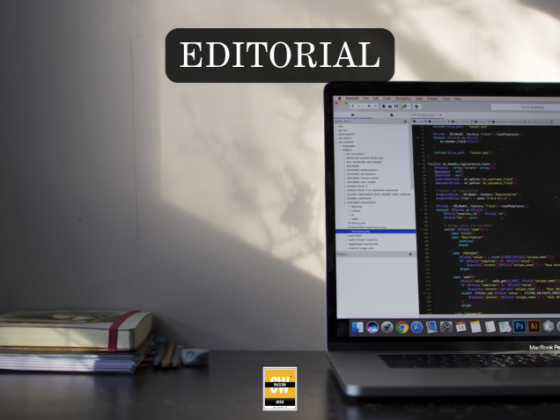The Space and Upper Atmosphere Research Commission (SUPARCO) has announced a new phase of integrating space-based technologies to improve disaster preparedness and management across Pakistan. Officials highlighted that this initiative aims to shift the country’s disaster management framework away from a reactive model to a proactive approach, focusing on preparedness before crises occur. The announcement was made during the launch of a specialized training session in Islamabad, titled “Space-based Disaster Management — Shifting Focus from Reactive to Proactive Approaches,” where experts discussed how satellite tools and applications can help national authorities respond more effectively to emergencies.
Speaking at the session, SUPARCO’s Member for Technology, Zafar Iqbal, underscored the importance of using space applications to strengthen disaster resilience. He emphasized that satellite-driven solutions are no longer limited to monitoring events after they unfold but are now critical in forecasting risks and supporting early warning systems. According to Iqbal, resilience must be built on preparedness, not just on response, and this requires a combination of mitigation and adaptation strategies. By investing in these technologies, Pakistan can ensure that communities are better equipped to face natural hazards, reducing loss of life and damage to infrastructure.
Key areas of focus under this initiative include the use of satellite imagery, remote sensing, and geospatial mapping to identify high-risk zones, track environmental changes, and provide real-time data to decision-makers. These tools allow disaster management authorities to anticipate potential threats such as floods, landslides, or droughts, and allocate resources more effectively. Iqbal noted that timely and accurate information is essential for guiding authorities to act where interventions are needed most, ensuring that resources are not wasted and that vulnerable populations are protected. By integrating space technology into disaster planning, the government can build a system that prioritizes early action and reduces the impact of calamities before they escalate.
The training program also highlighted the importance of collaboration between scientific institutions, policy makers, and disaster response agencies. SUPARCO’s initiative places emphasis on capacity building, ensuring that officials and stakeholders understand how to apply technological tools in their planning and operations. The combination of technical expertise and policy support is expected to create a stronger national framework for disaster risk reduction. With Pakistan frequently facing climate-related challenges, the use of advanced technologies can provide vital insights that traditional methods cannot offer. The program represents a significant step in aligning digital innovation with public safety and sustainability goals, where space applications are directly contributing to community resilience and national security.
Follow the SPIN IDG WhatsApp Channel for updates across the Smart Pakistan Insights Network covering all of Pakistan’s technology ecosystem.







